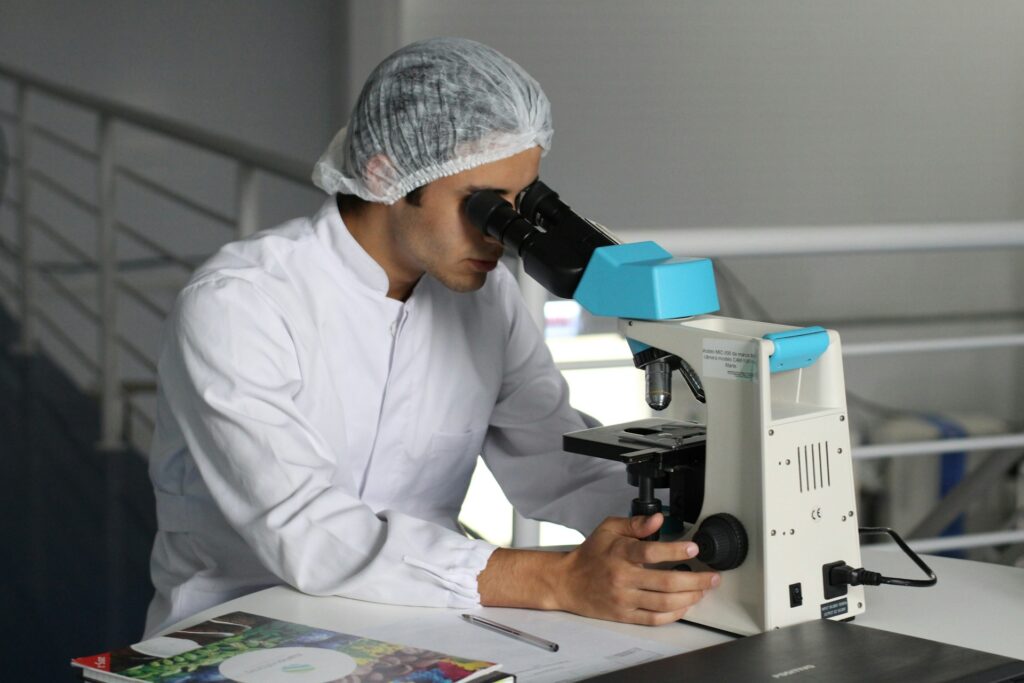An Israeli-led study has discovered a new therapy with potential for treating Amyotrophic Lateral Sclerosis (ALS), a fatal, degenerative disease of the nervous system with no current cure, which is often known as Lou Gehrig’s Disease.
The researchers from Ben-Gurion University of the Negev (BGU), working alongside Canadian, German and American counterparts, explored the possibility of increasing an ALS patient’s levels of macrophage migration inhibitory factor (MIF), a protein found in the human body that regulates the innate immune system.
ALS destroys motor neurons in the brain and spine, causing paralysis and eventually respiratory failure. Sufferers have an average lifespan of two to five years after diagnosis.
The cause of the disease in most patients is not fully understood, but genetic factors are believed to play a role in around 1 in 10 sufferers. Of that 10 percent, around one in five cases are understood to be caused by mutations in the superoxide dismutase (SOD1) gene.
Having identified reduced MIF levels in ALS patients with a genetic tendency toward the disease, the researchers found that increasing the protein in a mouse model with SOD1 mutations delayed a decline in motor function and even extended lifespan.
The study was led by Dr. Leenor Alfahel at the lab of Prof. Adrian Israelson at BGU, in collaboration with Professor Susanne Petri’s team at Hannover Medical School in Germany and the other international partners.
The researchers said that further in-depth study is required to get a true image of the effect of increased MIF and its implications for treatment of ALS.
The study was published this month in the prestigious Cell Press journal Cell Reports Medicine.
Related posts

Israeli AI Safety Tool Among TIME’S Best Inventions For 2024

TAU Team Discovers Mechanism To Eliminate Cancerous Tumors

Ashdod Port Investing In Startups As Part Of Innovation Strategy




Facebook comments